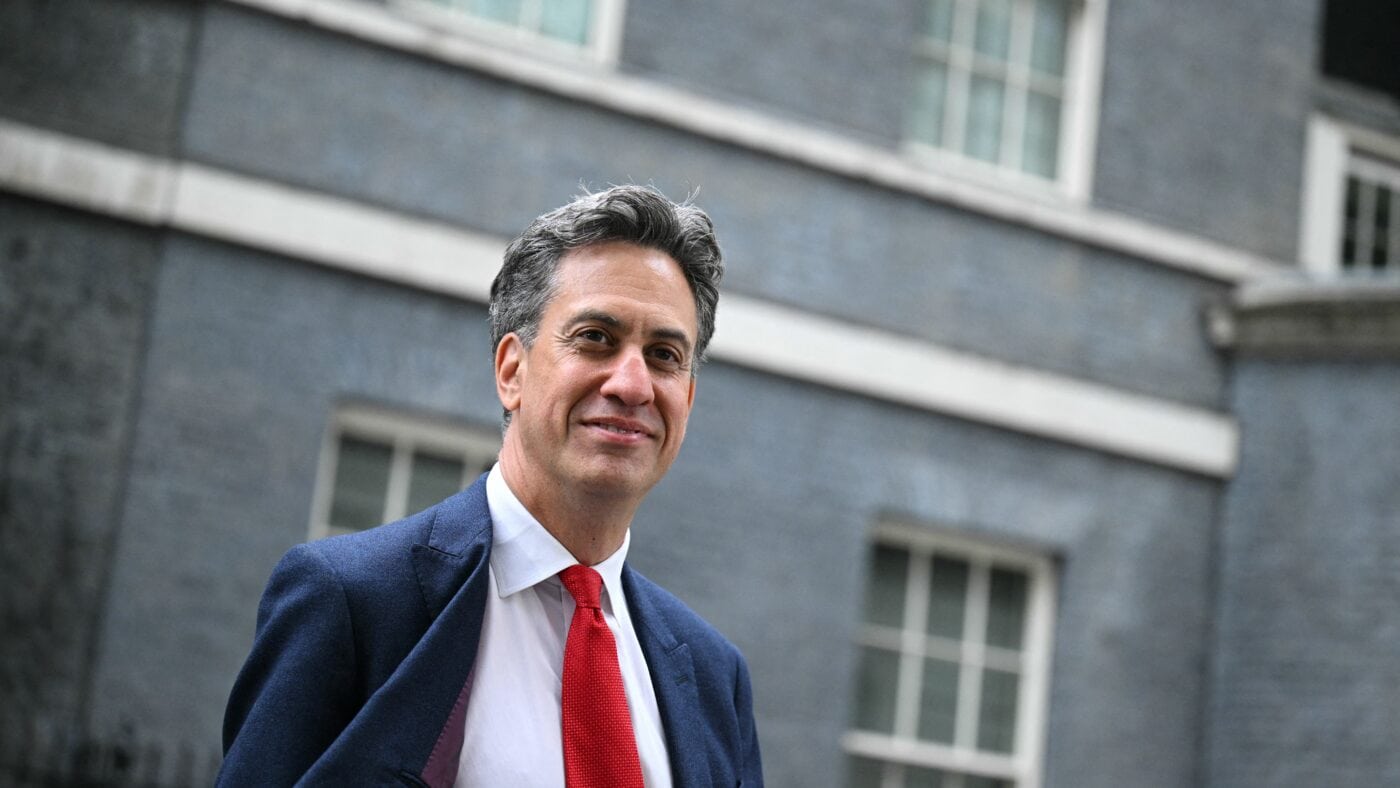The new Labour government has certainly hit the ground running, a useful lesson in governance to the Conservative MPs currently jockeying for a job which they hope will land them in Number 10 one day. Over the last three weeks a host of new policies, initiatives and quangos have been announced. Of the latter, the King’s Speech alone contained nine.
This very much smacks of a party that has spent a long time in opposition. But is it really a concrete programme for change, or just a torrent of gimmicks designed to appeal to certain interest groups?
The latest announcement, the setting up of GB Energy, is surely the latter. Described by Labour as being ‘at the heart of this government’s mission to make Britain a clean energy superpower’, and with funding of £8.3 billion over the next five years, the project is clearly a flagship for Labour and it will be expected to deliver on many of their election promises from cutting energy bills to reducing fuel poverty.
But just hours after the launch of the policy, those promises are already starting to fray. The promise that £300 would be knocked off energy bills was swerved repeatedly on the broadcast rounds. As for the 650,000 new high quality jobs, if these are simply private sector employees in existing industries being lured in by the better pensions, pay and perks of the new GB Energy, this is hardly creating a new job.
The more you interrogate how these goals will be achieved, the more questionable they become.
Firstly, Labour plans to use some of the seabed currently owned by the Crown Estate to build wind farms. The new Secretary of State for Energy Security and Net Zero, Ed Miliband, has also announced plans for further spending in green technologies such as solar power. But Britain already has some of the highest energy bills in Europe despite performing pretty well on both metrics relative to other European countries. We produce more energy from wind farms than all European countries except Spain and Germany. Even on solar, we perform reasonably well despite the weather.
The biggest problem though is the simple question of how markets operate. The Labour manifesto says that the Conservatives:
Have failed to grasp opportunities in this area for two related reasons. First, because they simply do not accept that economic growth, energy security, lower bills, and addressing climate change can be complementary. Second, because they are ideologically opposed to using the role of the state, including public investment, to guarantee that they are.
Given that many on Labour’s side have spent the last few years lambasting ‘greedy’ energy companies, while the Conservative government imposed crippling windfall taxes on profits, it would seem a given that those companies would readily chase down as many revenue streams as possible, including any green alternatives if profitable. If you need to subsidise investment, there should be serious question marks about the viability of that investment.
A case in point of this is with the Low Carbon Contracts company, an organisation run through the Department for Energy Security and Net Zero. Under the last government, it received funding for their Contracts for Difference scheme to the tune of £227 million in 2022-23 alone. The scheme works by providing generators of low carbon energy with a guaranteed price per MWH of electricity at above the market rate. Or in other words, a government-subsidised profit.
And let’s not pretend this is a novel solution. Energy is already a crowded market – not that GB Energy will need to worry much about markets. The energy sector has a government department, Ofgem, the National Grid and the aforementioned Low Carbon Contracts Company, as well as a myriad of schemes and subsidies aimed at encouraging decarbonisation. All of those examples existed under the previous government and cost taxpayers billions while, as Labour have pointed out, still led to some of the highest energy costs in Europe.
We are told that this time it will be different. Rather than the normal jargon-filled acronym of most quangos, this one drapes itself in the Union Jack with the name ‘GB Energy’, and claims to be in ‘public ownership’. In reality, GB Energy will end up being run by the same type of technocrats that run every other quango.
Labour could have chosen real change by scrapping the energy cap, cutting the windfall tax, ditching or at least removing many of the burdensome green taxes and genuinely encouraging, rather than simply subsidising private investment, enterprise and innovation. Instead, taxpayers are simply being handed an £8bn bill for yet another unnecessary expansion of the state. Plus ca change?
Click here to subscribe to our daily briefing – the best pieces from CapX and across the web.
CapX depends on the generosity of its readers. If you value what we do, please consider making a donation.


